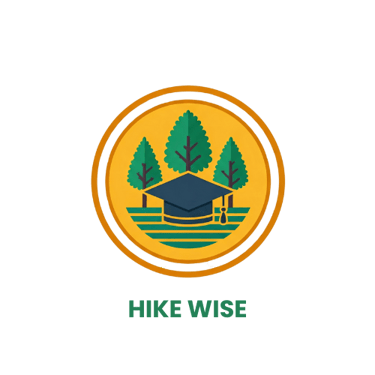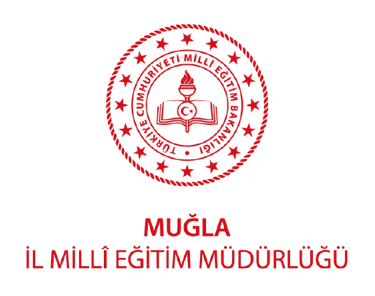Objectives
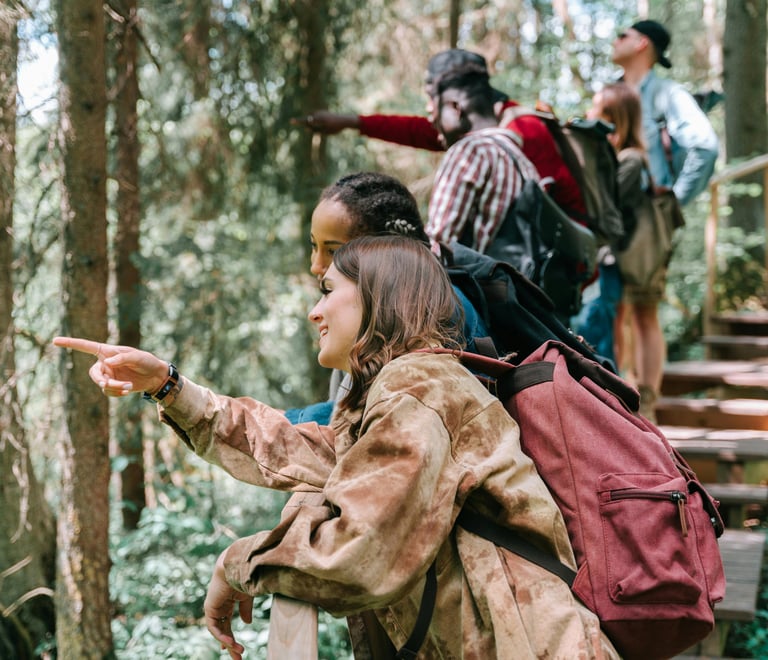

General Objective
Our aim is to equip physical education teachers and future educators with the skills to integrate hiking into their curriculum. This helps students enjoy outdoor activities, build social connections, and develop a deep respect for nature, fostering environmental awareness and healthier lifestyles.
Specific Objectives
Develop a manual and teaching materials for physical education teachers and future educators, providing guidance on integrating hiking into the curriculum with a focus on environmental values.
Conduct training sessions to equip educators with the skills needed to deliver outdoor activities and promote environmental awareness.
Implement pilot projects across multiple countries, testing and refining educational materials for effective use.
Share project findings through a website, social media, free publications, and in-person events in each participating country.
Challenges in Outdoor Education
Bridging Teacher Skill Gaps, Overcoming Resource Shortages, and Reconnecting Students with Nature for a Healthier, More Active Future.
Teacher Skill Gap & Resource Scarity
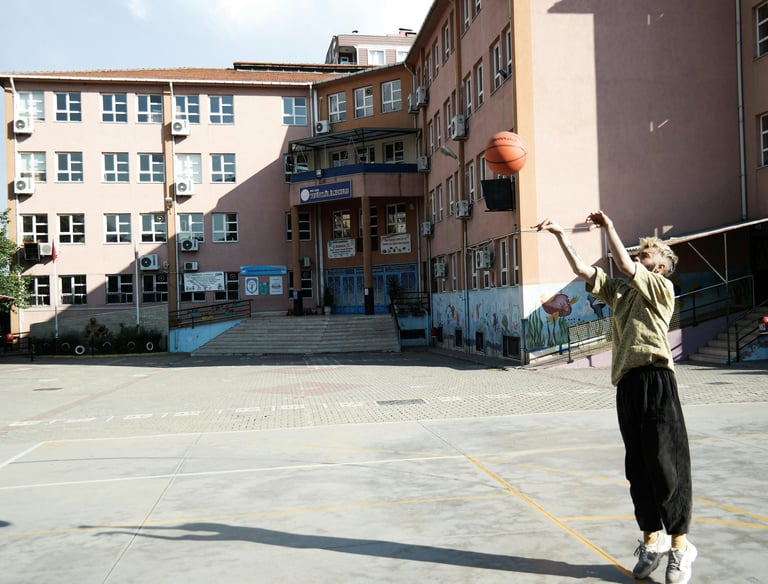

Many educators lack training in outdoor sports and have limited access to equipment, making it difficult to provide hands-on experiences.




Lack of Awareness
Many students and educators are unaware of how outdoor activities can enhance learning, well-being, and environmental responsibility.
Outdoor sports and environmental education are often undervalued in school curricula, reducing student exposure.
Curricular Deficiencies






Environmental Disconnect
Sedentary Lifestyles
Technological Isolation
Many students lack a strong connection to nature and an understanding of the importance of environmental preservation.
Encouraging active and healthy living is crucial in the face of increasing sedentary habits among young people.
Modern technology can lead to a disconnect between students and the natural world.
European Relevance
Hike Wise is closely aligned with several key European Union objectives, particularly in promoting environmental awareness and encouraging active, healthy lifestyles among youth. The European Green Deal, along with its biodiversity strategy, emphasizes the importance of connecting people with nature, which HIKEWISE supports through outdoor activities like hiking in educational settings (European Commission, 2019; European Commission, 2020). Additionally, HIKEWISE contributes to the EU's goals of improving the quality of education and training by addressing the skill gap among educators, particularly in specialized areas such as environmental education and outdoor sports. This initiative ensures that teachers are equipped with the knowledge and tools needed to create engaging, nature-based learning experiences that foster respect for the environment and encourage a sustainable, active lifestyle (European et al., 2021).


Target Groups
Empowering Teachers, Engaging Students, and Supporting Schools to Overcome Outdoor Education Challenges.
Secondary Target Groups
The project's secondary target groups are essential to its success, including parents, school administrators, environmental organizations, and adventure companies.


Primary Target Groups
This project focuses on secondary school physical education teachers and university students who aspire to become PE teachers, equipping them with the skills to integrate hiking into education.
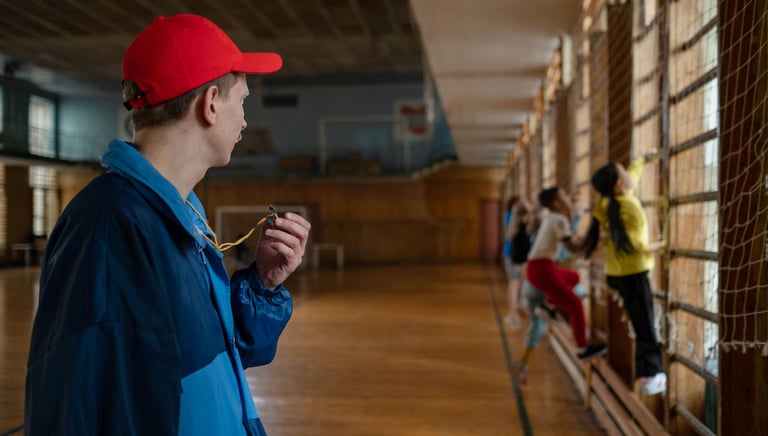

Work Packages
Structured Approach to Managing, Developing, Training, and Implementing Outdoor Sports Education, with Focus on Teaching Respect for Nature and Promoting Active Learning through Hiking.


WP2: Manual Production
Preparation of a manual and materials on how to develop a teaching unit that includes sports in the natural environment (e.g. hiking) and how to use them as an opportunity to teach values of respect and care for the environment.
WP3: Training
Implementation of the Didactic Unit 'Hiking In The Natural Environment: Sport and Respect for the Environment' in the different countries, their evaluation and assessment of the materials produced in the previous activities.
WP1: Project Management
WP4: Pilots
WP5: Communication, Dissemination, and Events
This WP is transversal to the whole project. It ensures that all other WPs achieve their goals and meet their needs. It is crucial for coordinating the efforts and maintaining a clear focus on HIKEWISE overall goal.
WP5 is designed to address all primary and secondary needs through the wide dissemination of project results and best practices. It will ensure that more stakeholders can use the materials to address resource scarcity, curriculum deficiencies, environmental disconnection, sedentary lifestyles, technological isolation and lack of awareness of physical activity and environmental protection.
This WP addresses the teacher skill gap by training educators to effectively deliver outdoor sports activities. The sessions will bridge the gap between teachers' needs (easily accessible information, lack of training on organizing safe outings with learning, and low student awareness of physical activity in nature) and the transformation of the PE curriculum.
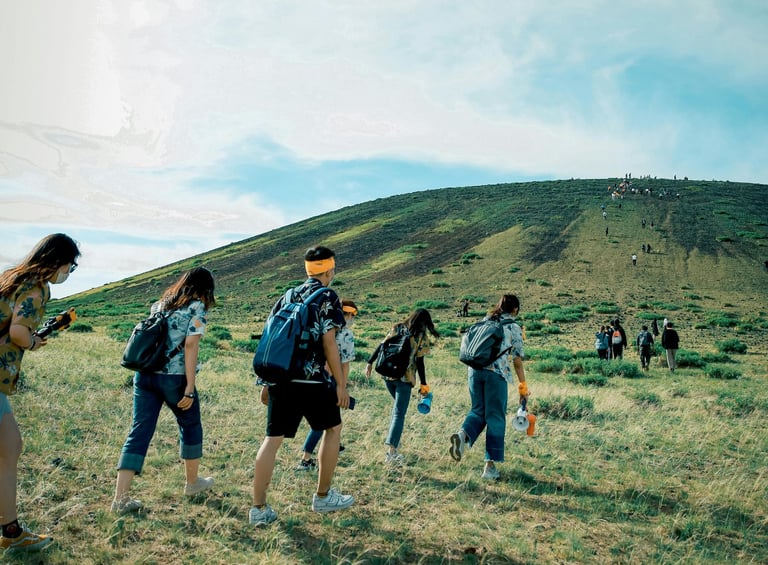

Project Consortium
Targeting Secondary Schools with Strong PE Departments, Universities Offering Outdoor Sports Programs, Environmental Organizations with Green Practices, and Multi-Adventure Companies Specializing in Hiking.
Universidad Francisco de Vitoria (UFV) is a private, non-profit, Catholic-inspired university based in Madrid, Spain. Founded in 1993, UFV is known for its academic excellence, international outlook, and commitment to person-centred education. It comprises six faculties, a Polytechnic School, and the prestigious Le Cordon Bleu culinary school, offering over 50 degree programs and advanced studies. With more than 20,000 students and a strong international network, UFV promotes transdisciplinary research and holistic student development. Its mission focuses on academic excellence, ethical leadership, and service to society through education, research, and global collaboration.
LAG Napoca Porolissum is a public-private partnership established in 2011, uniting 14 municipalities and 29 private organizations in western Cluj County, Romania. Focused on rural development in the Apuseni Mountains region, the LAG implements local strategies to enhance education, youth engagement, health, and community welfare. With a team of professionals and a strong volunteer network, it supports projects in areas such as healthy lifestyles for children, vocational training, sustainable tourism, and green skills in adult education. It collaborates with local universities and actively promotes higher education in rural settings through initiatives like the “Green Campus” event.
Muğla Provincial Directorate of National Education is a public institution under Turkey’s Ministry of National Education, overseeing around 800 schools and educational centres, 13,600 teachers, and over 245,000 students across 13 districts in Muğla Province. It is responsible for managing, supporting, and improving educational institutions, promoting equal access, enhancing teaching quality, and supporting student development through academic, cultural, and social activities. The Directorate leads strategic projects such as STEM, robotics, and vocational training centres, while also coordinating international cooperation and teacher training. Its mission is to ensure quality, inclusive education and raise student performance under the vision of “Adding Quality to Education.”
RHIZO Lyceum OLV Vlaanderen is a network of 11 secondary schools in Kortrijk, Belgium, serving over 6,000 students with a staff of 820 teachers and 170 support personnel. Known for its innovative and student-centred approach, RHIZO emphasizes project-based, personalised, and purpose-driven learning, including design thinking and AI seminars. The network runs initiatives like JUMPLab and Design Your City, and supports teacher development through the RHIZO Academy. With a strong focus on European collaboration and participation in Erasmus+ projects, RHIZO leads in educational innovation and continuous improvement to equip learners for the challenges of the 21st century.
CONNECTUS is an Athens-based organization supporting both public and private sectors in EU policy implementation, digital education, and project communication. With expertise in policy research and educational innovation, CONNECTUS develops training materials, digital platforms, and inclusive curricula to address societal challenges and enhance digital skills. Its educational projects integrate advanced e-learning tools, interactive resources, and online pedagogical toolkits. CONNECTUS also specializes in branding and dissemination strategies, ensuring strong visibility and communication for EU projects through coordinated media content, design, and stakeholder engagement.
Project Coordinator
Partners
© 2025. All rights reserved.
Follow us
Keep in Touch
The project “HikeWise” is co-funded by the Erasmus+ Programme of the European Union. The views expressed in the working papers, deliverables and reports are those of the project consortium partners. These views have not been adopted or approved by the Commission and should not be relied upon as a statement of the Commission’s or its services’ views. The European Commission does not guarantee the accuracy of the data included in the working papers and reports, nor does it accept responsibility for any use made thereof.
Project Number: 2024-1-ES01-KA220-SCH-000246218
